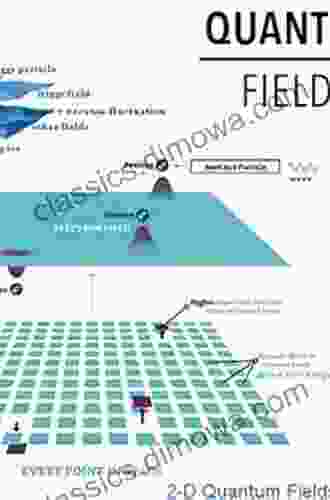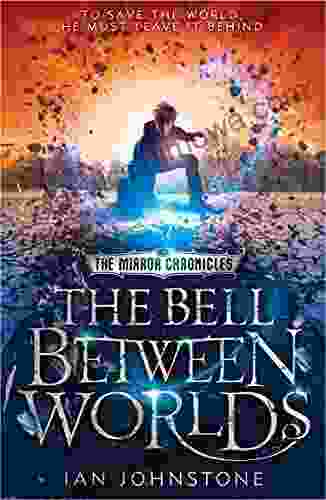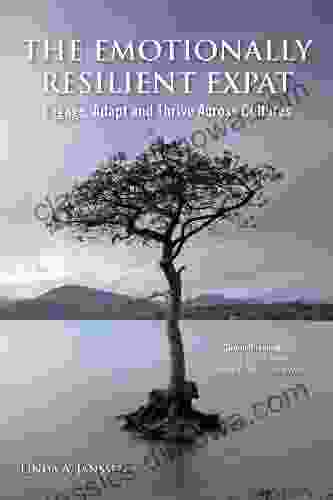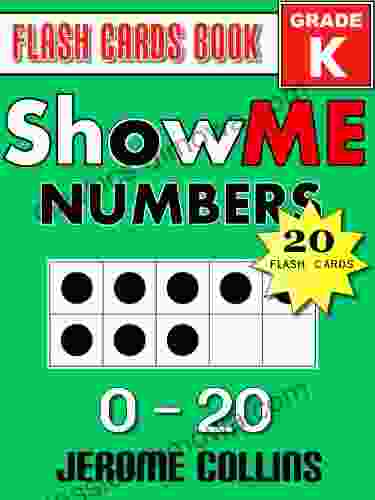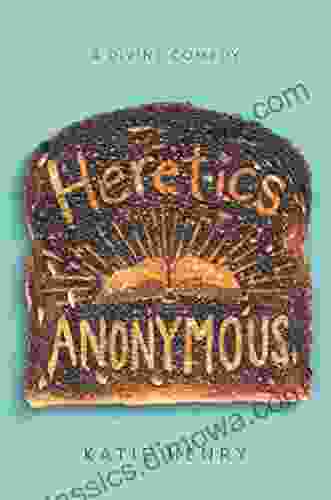From Classical to Quantum Fields: Exploring the Evolution of Fundamental Physics

The study of fields is a cornerstone of modern physics. From the familiar electric and magnetic fields to the mysterious Higgs field, fields pervade our universe and play a crucial role in shaping its behavior. The development of field theory has been a long and fascinating journey, marked by groundbreaking discoveries and paradigm shifts.
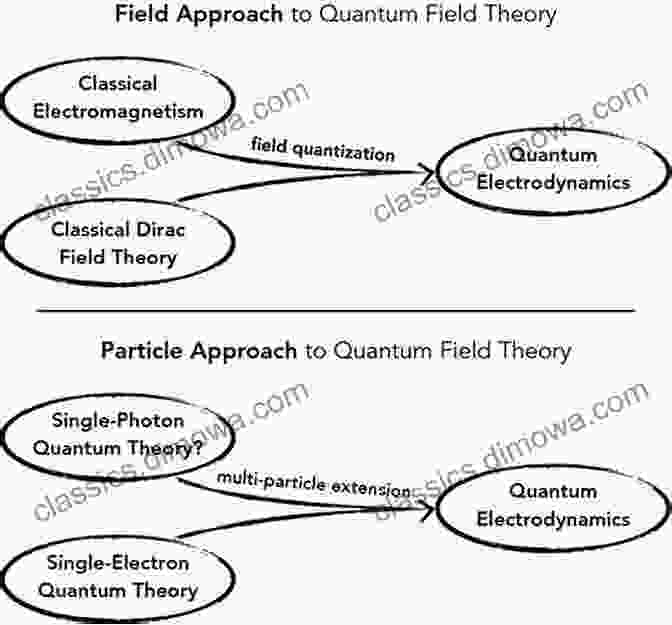
4.5 out of 5
| Language | : | English |
| File size | : | 18232 KB |
| Print length | : | 992 pages |
| Lending | : | Enabled |
| Screen Reader | : | Supported |
Classical Fields: The Foundations
The concept of fields emerged in the 19th century with the work of James Clerk Maxwell, who formulated the equations that describe the behavior of electric and magnetic fields. These fields were initially viewed as classical entities, characterized by continuous, well-defined properties. Classical field theory successfully explained a wide range of phenomena, including the propagation of waves and the interactions between charged particles.
Special Relativity and Field Theory
In the early 20th century, the advent of special relativity challenged the foundations of classical field theory. Albert Einstein's groundbreaking theory showed that time and space are not absolute, but are relative to the observer. This had profound implications for the description of fields, as it required them to be invariant under Lorentz transformations.
Quantum Fields: A Radical Departure
The most radical departure from classical field theory came with the development of quantum mechanics. In the quantum realm, fields are no longer classical entities but are instead quantized, meaning they can only exist in discrete energy levels. This led to the development of quantum field theory (QFT),which provided a revolutionary new framework for understanding the fundamental interactions of nature.
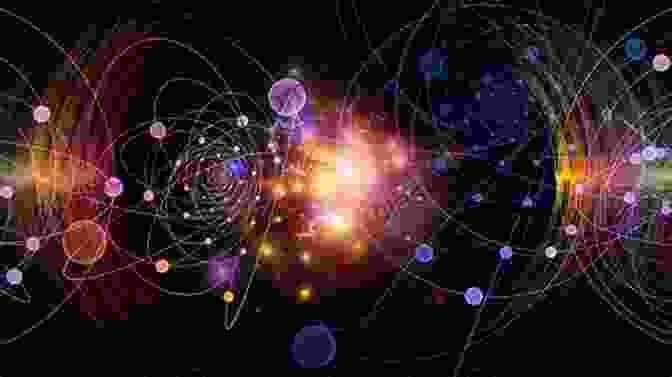
QFT and Particle Physics
QFT has become an indispensable tool in particle physics, providing a microscopic description of the interactions between fundamental particles. It has led to the discovery of new particles, such as the Higgs boson, and has played a crucial role in the development of the Standard Model of particle physics.
QFT and Cosmology
QFT has also been applied to cosmology, where it has helped to explain the evolution of the universe. Physicists use QFT to study the properties of the early universe, including the cosmic microwave background and the inflationary epoch.
QFT and Condensed Matter Physics
QFT has also found applications in condensed matter physics, where it is used to study the behavior of materials at the atomic and subatomic levels. It has helped to explain phenomena such as superconductivity and superfluidity.
QFT and Gravity
One of the major challenges in physics today is to reconcile QFT with general relativity, which describes the force of gravity. This has led to the development of quantum gravity theories, such as string theory, which aim to provide a unified framework for understanding all fundamental interactions.
The study of fields has been a transformative journey in physics, leading to groundbreaking discoveries and paradigm shifts. From classical fields to quantum fields, the evolution of field theory has provided a deeper understanding of the fundamental forces of nature and the structure of our universe. The ongoing exploration of fields continues to push the boundaries of our knowledge and holds the promise of further groundbreaking discoveries.
4.5 out of 5
| Language | : | English |
| File size | : | 18232 KB |
| Print length | : | 992 pages |
| Lending | : | Enabled |
| Screen Reader | : | Supported |
Do you want to contribute by writing guest posts on this blog?
Please contact us and send us a resume of previous articles that you have written.
 Book
Book Novel
Novel Page
Page Chapter
Chapter Text
Text Story
Story Genre
Genre Reader
Reader Library
Library Paperback
Paperback E-book
E-book Magazine
Magazine Newspaper
Newspaper Paragraph
Paragraph Sentence
Sentence Bookmark
Bookmark Shelf
Shelf Glossary
Glossary Bibliography
Bibliography Foreword
Foreword Preface
Preface Synopsis
Synopsis Annotation
Annotation Footnote
Footnote Manuscript
Manuscript Scroll
Scroll Codex
Codex Tome
Tome Bestseller
Bestseller Classics
Classics Library card
Library card Narrative
Narrative Biography
Biography Autobiography
Autobiography Memoir
Memoir Reference
Reference Encyclopedia
Encyclopedia Richard Williams
Richard Williams Josh Christie
Josh Christie Azzedine Boudrioua
Azzedine Boudrioua Jean Louis Tassoul
Jean Louis Tassoul Steven Englund
Steven Englund L P Hansen
L P Hansen Ashley Marie Mireles
Ashley Marie Mireles Michael Belanger
Michael Belanger Barrie Gunter
Barrie Gunter Barbara Raue
Barbara Raue Richard Scase
Richard Scase James Kay
James Kay Audrey Pavia
Audrey Pavia Bar Exam Study Group
Bar Exam Study Group Kate Ashton
Kate Ashton Jim Duffy
Jim Duffy Phil Scraton
Phil Scraton Bahman Zohuri
Bahman Zohuri Henry Charles Lea
Henry Charles Lea Ross Reyburn
Ross Reyburn
Light bulbAdvertise smarter! Our strategic ad space ensures maximum exposure. Reserve your spot today!

 Braeden HayesEmbark on a Transformative Journey: Your Practical Guide To Creating New Life...
Braeden HayesEmbark on a Transformative Journey: Your Practical Guide To Creating New Life... Brian WestFollow ·15.7k
Brian WestFollow ·15.7k David MitchellFollow ·17k
David MitchellFollow ·17k Darrell PowellFollow ·5.3k
Darrell PowellFollow ·5.3k Charlie ScottFollow ·8.2k
Charlie ScottFollow ·8.2k Robert ReedFollow ·11k
Robert ReedFollow ·11k Israel BellFollow ·6.9k
Israel BellFollow ·6.9k Branson CarterFollow ·17.9k
Branson CarterFollow ·17.9k Jared NelsonFollow ·4.8k
Jared NelsonFollow ·4.8k

 Marcus Bell
Marcus BellHigh Lonesome: A Literary Journey into the Heart of the...
<p>Hannah weaves a intricate...
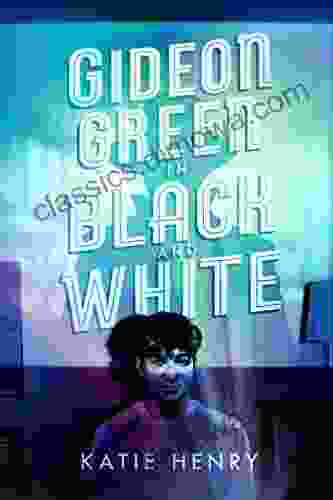
 Gabriel Hayes
Gabriel HayesRediscover Gideon Green's Timeless Adventures in "Gideon...
Embark on an Extraordinary Journey with...
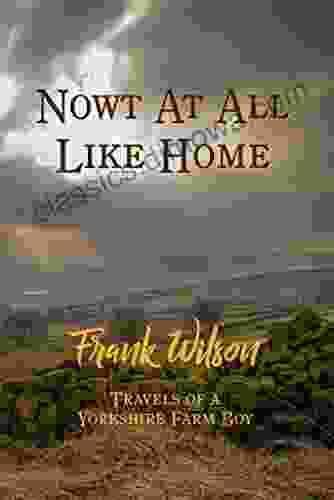
 Samuel Taylor Coleridge
Samuel Taylor ColeridgeEscape to a Literary Haven: Discover the Enchanting World...
Embark on an Extraordinary Literary...
4.5 out of 5
| Language | : | English |
| File size | : | 18232 KB |
| Print length | : | 992 pages |
| Lending | : | Enabled |
| Screen Reader | : | Supported |


